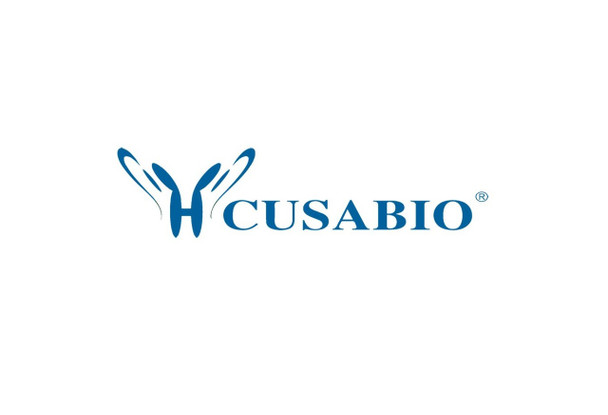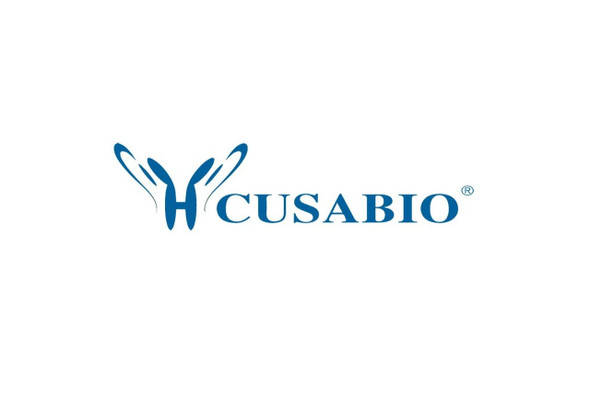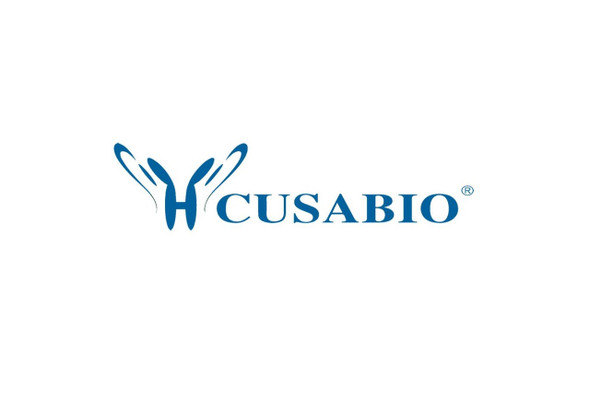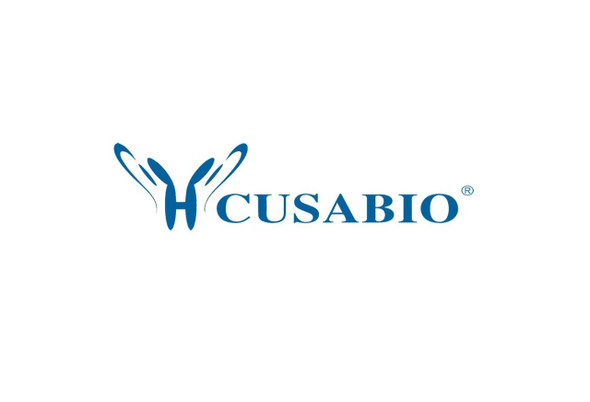Cusabio Human Recombinants
Recombinant Human CLIP-associating protein 2 (CLASP2) | CSB-CF005472HU
- SKU:
- CSB-CF005472HU
- Availability:
- 18 - 23 Working Days
Description
Recombinant Human CLIP-associating protein 2 (CLASP2) | CSB-CF005472HU | Cusabio
Alternative Name(s): Cytoplasmic linker-associated protein 2 Protein Orbit homolog 2 Short name: hOrbit2
Gene Names: CLASP2
Research Areas: Cell Biology
Organism: Homo sapiens (Human)
AA Sequence: MRRLICKRICDYKSFDDEESVDGNRPSSAASAFKVPAPKTSGNPANSARKPGSAGGPKVGGASKEGGAGAVDEDDFIKAFTDVPSIQIYSSRELEETLNKIREILSDDKHDWDQRANALKKIRSLLVAGAAQYDCFFQHLRLLDGALKLSAKDLRSQVVREACITVAHLSTVLGNKFDHGAEAIVPTLFNLVPNSAKVMATSGCAAIRFIIRHTHVPRLIPLITSNCTSKSVPVRRRSFEFLDLLLQEWQTHSLERHAAVLVETIKKGIHDADAEARVEARKTYMGLRNHFPGEAETLYNSLEPSYQKSLQTYLKSSGSVASLPQSDRSSSSSQESLNRPFSSKWSTANPSTVAGRVSAGSSKASSLPGSLQRSRSDIDVNAAAGAKAHHAAGQSVRSGRLGAGALNAGSYASLECEAFWRSGRTAKLYSV
Source: in vitro E.coli expression system
Tag Info: N-terminal 6xHis-B2M-tagged
Expression Region: 1-431aa
Sequence Info: Full Length of Isoform 2
MW: 60.5 kDa
Purity: Greater than 90% as determined by SDS-PAGE.
Relevance: Microtubule plus-end tracking protein that promotes the stabilization of dynamic microtubules (PubMed:26003921). Involved in the nucleation of noncentrosomal microtubules originating from the trans-Golgi network (TGN). Required for the polarization of the cytoplasmic microtubule arrays in migrating cells towards the leading edge of the cell. May act at the cell cortex to enhance the frequency of rescue of depolymerizing microtubules by attaching their plus-ends to cortical platforms composed of ERC1 and PHLDB2 (PubMed:16824950). This cortical microtubule stabilizing activity is regulated at least in part by phosphatidylinositol 3-kinase signaling. Also performs a similar stabilizing function at the kinetochore which is essential for the bipolar alignment of chromosomes on the mitotic spindle (PubMed:16866869, PubMed:16914514). Acts as a mediator of ERBB2-dependent stabilization of microtubules at the cell cortex.
Reference: "The status, quality, and expansion of the NIH full-length cDNA project: the Mammalian Gene Collection (MGC)."The MGC Project Team Genome Res. 14:2121-2127(2004)
Storage: The shelf life is related to many factors, storage state, buffer ingredients, storage temperature and the stability of the protein itself. Generally, the shelf life of liquid form is 6 months at -20?/-80?. The shelf life of lyophilized form is 12 months at -20?/-80?.
Notes: Repeated freezing and thawing is not recommended. Store working aliquots at 4? for up to one week.
Function: Microtubule plus-end tracking protein that promotes the stabilization of dynamic microtubules
Involvement in disease:
Subcellular Location: Cytoplasm, cytoskeleton, Cytoplasm, cytoskeleton, microtubule organizing center, centrosome, Chromosome, centromere, kinetochore, Cytoplasm, cytoskeleton, spindle, Golgi apparatus, Golgi apparatus, trans-Golgi network, Cell membrane, Cell projection, ruffle membrane
Protein Families: CLASP family
Tissue Specificity: Brain-specific.
Paythway:
Form: Liquid or Lyophilized powder
Buffer: If the delivery form is liquid, the default storage buffer is Tris/PBS-based buffer, 5%-50% glycerol. If the delivery form is lyophilized powder, the buffer before lyophilization is Tris/PBS-based buffer, 6% Trehalose, pH 8.0.
Reconstitution: We recommend that this vial be briefly centrifuged prior to opening to bring the contents to the bottom. Please reconstitute protein in deionized sterile water to a concentration of 0.1-1.0 mg/mL.We recommend to add 5-50% of glycerol (final concentration) and aliquot for long-term storage at -20?/-80?. Our default final concentration of glycerol is 50%. Customers could use it as reference.
Uniprot ID: O75122
HGNC Database Link: HGNC
UniGene Database Link: UniGene
KEGG Database Link: KEGG
STRING Database Link: STRING
OMIM Database Link: OMIM









